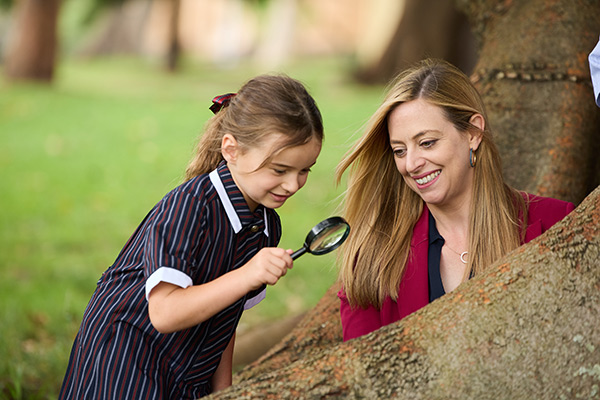By connecting to the real world of students’ lives, authentic learning enables students to become lifelong learners who contribute to society and the wider world as active and discerning citizens. Authentic learning is central to our work as Catholic educators because it promotes the continual growth and wellbeing of the whole person — spiritually, intellectually, emotionally, socially and physically.
 St Mary’s Cathedral College Sydney offers a holistic curriculum based on the teachings of the Gospel, which aims at creating 21st century learners who will become critical thinkers. The curriculum at the college is designed to empower the individual to become an autonomous, life-long learner and an active global citizen.
St Mary’s Cathedral College Sydney offers a holistic curriculum based on the teachings of the Gospel, which aims at creating 21st century learners who will become critical thinkers. The curriculum at the college is designed to empower the individual to become an autonomous, life-long learner and an active global citizen.
Learning at our Catholic community is purposeful, authentic and challenging. The staff at St Mary’s are committed to academic excellence, achieved through quality pedagogy, which is attuned to the demands of a rapidly changing educational context and which recognises and supports the diverse learning of students.
St Mary’s Cathedral College Learning Principles
